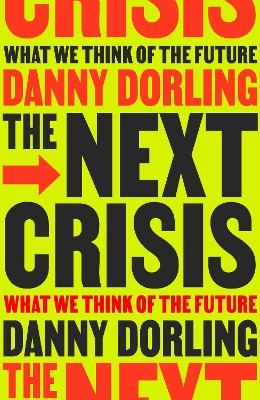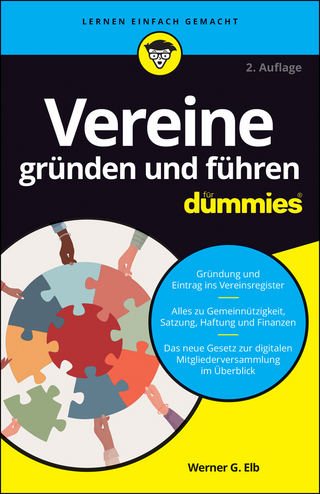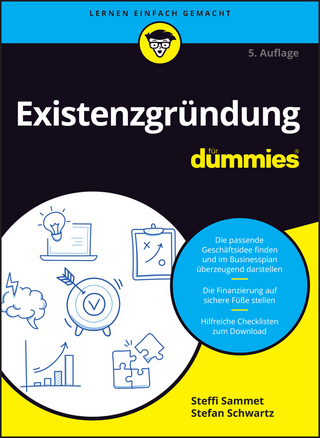
The Next Crisis
What We Think About the Future
Seiten
2025
Verso Books (Verlag)
978-1-80429-434-5 (ISBN)
Verso Books (Verlag)
978-1-80429-434-5 (ISBN)
- Noch nicht erschienen (ca. Mai 2025)
- Versandkostenfrei innerhalb Deutschlands
- Auch auf Rechnung
- Verfügbarkeit in der Filiale vor Ort prüfen
- Artikel merken
What does the world think about the future? Leading geographer surveys people's attitudes to what will happen tomorrow and shows why they get it so wrong.
in The Next Crisis leading geographer Danny Dorling unpacks the data on what people really think about when they consider the future. In a series of global surveys, he shows that our global concerns are often very different to those in the headlines - and we need to take these very seriously.
We used to think of the future as a time of flying cars and infinite leisure; what happened? We live in 'an age of crisis', or do we? In recent decades we certainly think of the world as in peril. Ideas of progress have been replaced by concern, worry and risk aversion. Large Corporations now employ Chief Risk Officers who assess where the next danger will come from. In 2022, experts considered the top risks were: the energy supply crisis; the cost-of-living crisis; the food supply crisis; the threat of cyberattacks. But how does that reflect what really is going on? The need for food and shelter are seen as secondary level, local worries compared to western pre-occupations.
But what we can we be optimistic about, when looking towards tomorrow? The book looks at the major crises that we face - the cost of living, poverty, inequality, unemployment, crime, corruption, health, climate change, the loss of biodiversity - and shows how we should rethink these futures.
in The Next Crisis leading geographer Danny Dorling unpacks the data on what people really think about when they consider the future. In a series of global surveys, he shows that our global concerns are often very different to those in the headlines - and we need to take these very seriously.
We used to think of the future as a time of flying cars and infinite leisure; what happened? We live in 'an age of crisis', or do we? In recent decades we certainly think of the world as in peril. Ideas of progress have been replaced by concern, worry and risk aversion. Large Corporations now employ Chief Risk Officers who assess where the next danger will come from. In 2022, experts considered the top risks were: the energy supply crisis; the cost-of-living crisis; the food supply crisis; the threat of cyberattacks. But how does that reflect what really is going on? The need for food and shelter are seen as secondary level, local worries compared to western pre-occupations.
But what we can we be optimistic about, when looking towards tomorrow? The book looks at the major crises that we face - the cost of living, poverty, inequality, unemployment, crime, corruption, health, climate change, the loss of biodiversity - and shows how we should rethink these futures.
Danny Dorling is the Halford Mackinder Professor of Geography, Oxford. He appears regularly on TV and radio, and writes for the Guardian, New Statesman and other papers. He advises government and the office for national statistics. Among his books are Population 10 Billion, Injustice, Inequality and the 1%, and Shattered Nation.
| Erscheint lt. Verlag | 13.5.2025 |
|---|---|
| Verlagsort | London |
| Sprache | englisch |
| Maße | 153 x 234 mm |
| Gewicht | 450 g |
| Themenwelt | Sachbuch/Ratgeber ► Beruf / Finanzen / Recht / Wirtschaft ► Wirtschaft |
| Naturwissenschaften ► Biologie ► Ökologie / Naturschutz | |
| Sozialwissenschaften ► Soziologie | |
| ISBN-10 | 1-80429-434-9 / 1804294349 |
| ISBN-13 | 978-1-80429-434-5 / 9781804294345 |
| Zustand | Neuware |
| Informationen gemäß Produktsicherheitsverordnung (GPSR) | |
| Haben Sie eine Frage zum Produkt? |
Mehr entdecken
aus dem Bereich
aus dem Bereich


